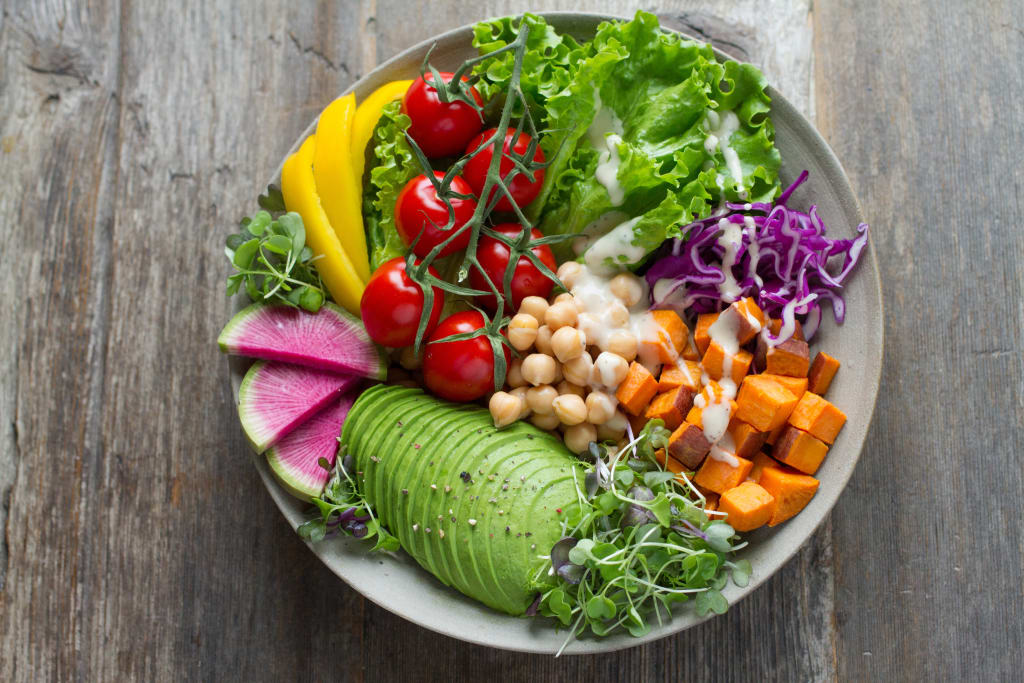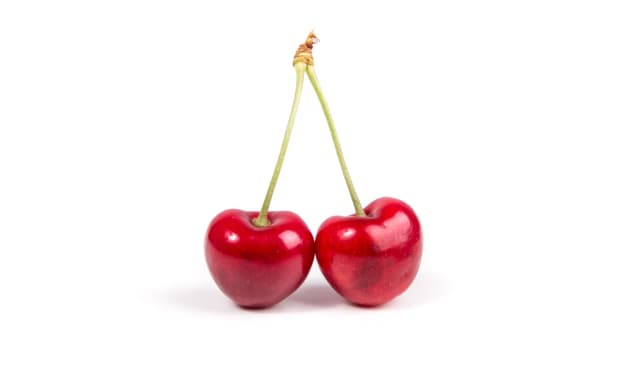Avoiding deficiencies on a Plant-Based diet
Everything you need to know

Veganism is on the rise like never before, and this leaves the door wide open for every man and his dog to promote not just their idea of the optimum diet, but medical opinions as well. Please take everything you read in blogs or social media with a grain of salt, yes - my material included, although I do maintain that I share only personal experiences or peer-reviewed/medical research, and I do so to spark discussion or further research by the reader.
Keep learning, keep researching, keep questioning... and always keep an open mind.
IRON
Although some may argue that iron from meat (haem) is a 'better' source of iron, the 'Bioavailability of Dietary Iron In Man' states that the ratio of iron absorption, when consumed with Vitamin C, increases bioavailability from 2 to 6 amounts, completely surpasses the bioavailability of haem iron. Whether you are plant-based or omnivore, it is helpful to be adding Vitamin C to your iron-rich food sources. Just 1 cup of black beans equates to 50% of your daily iron needs and 1 cup of spinach is 80%.
ZINC
To ensure you are consuming enough Zinc, women generally need around 12mg per day, men need around 16mg per day. If you need assistance in tracking this, there are a variety of 'food diary' apps available which calculate all micro-macro nutrients, minerals, vitamins and so forth. A great and easy way to consume Zinc first thing in the morning is to eat a bowl of oatmeal, which is naturally high in zinc.
CALCIUM
According to the World Health Organisation, we need approximately 400-500mg of Calcium per day, yet the US government states that we need 1000mg per day. One meta-analysis study showed that we need 540mg minimum for healthy bones, 800mg to be safe. So, it's really up to your discretion on what amount you aim for, however, it is quite easily done on a plant-based diet. One serving of sesame seeds if 300mg, one serving of tofu is 250, and 1 cup of chopped kale is 100mg. Other high sources of calcium include nuts, seeds, soy products, beans, peas, lentils, seaweed, and some fruits.
DHA
DHA is a long chain omega 3 fatty acid that your body can convert from ALA, most people get their DHA from fish, however, these fish get theirs from algae. The best way to avoid a deficiency is to take an algae-based DHA supplement 2-3 times a week. The RDI is around 300mg per day, 3 tablespoon of chia seeds will get you there, otherwise, flax meal is a great alternative source of ALA.
PROTEIN
On average, vegans have higher blood protein levels than omnivores. Protein deficiencies are only really possible in the case of starvation or EXTREMELY restricted vegan diets. If you are consuming enough calories per day and maintain a varied plant-based diet, you don't have anything to worry about in the protein department. If you want to be on the safe side, the RDI for protein is 0.8g of protein per 1kg of body weight, and protein is easily trackable via helpful nutrition apps.
VITAMIN D
Unless you live somewhere where you can get daily exposure to sunlight, then you may need to be aware of your Vitamin D intake. This vitamin can be found in mushrooms that have been exposed to UV light, these are known to be just as effective at raising your levels than Vitamin D supplements. Another positive note - Vitamin D in mushrooms is not destroyed or denatured during cooking.
VITAMIN B12
It is essential to either eat B12 fortified foods or take a vegan-friendly vitamin B12 supplement. We only need very minimal amounts (approximately 2.4 micrograms per day), and our bodies are great at storing B12 for extended periods of time, however I do suggest to supplement or just do what I do.. sprinkle Nutritional Yeast Flakes over everything! They are a life saver for vegans, a great natural source of B12 and taste like cheese.
I hope this has clarified some common misconceptions about the sometimes daunting 'plant based' diet. Whether you partake in Veganuary, meatless Monday, or simply just add more veggies into your everyday life, any little bit helps add to your longevity. Wishing you a prosperous and healthy 2020!
About the Creator
Jackie Green
Full time Research & Development Manager (sports supplements)
Plant based Nutritionist
Passionate about sharing unbiased nutrition information
Wishing you happiness, health and longevity! :)






Comments
There are no comments for this story
Be the first to respond and start the conversation.